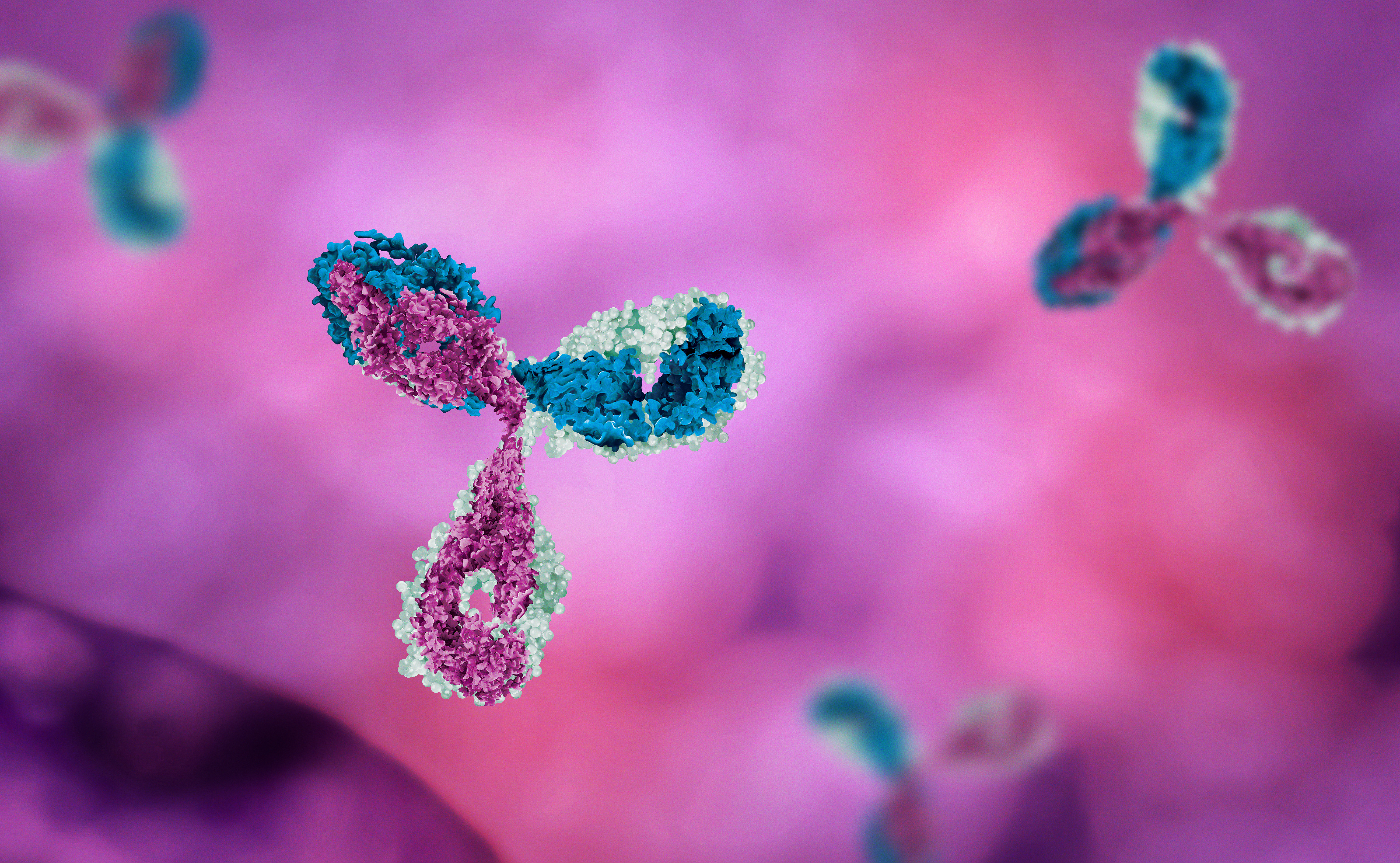
New study demonstrates enormous potential
Earlier this month, we published a blog which highlighted the potential for methylomic tests to diagnose early-stage cancer. A new study (Klein et al., 2021), published this week in Annals of Oncology, provides further data to demonstrate the enormous potential of this technology. This has led to reports in The Guardian and The Times, and other news outlets.
The results demonstrate that this targeted methylation-based multi-cancer early detection (MCED) test has high specificity, detects cancer signals across a broad range of cancer types (including those that currently lack screening tests), and provides accurate identification of cancer origin/location. Data shows an impressive level of specificity (99.5%), which is vital to prevent the harms associated with false positive diagnoses. Additionally, sensitivity results are promising (overall sensitivity for cancer signal detection was 51.5%) and the test was able to identify the location of the cancer in the vast majority of cases (88.7%).
This study is the latest stage (Substudy 3) of the Circulating Cell-free Genome Atlas (CCGA; NCT02889978) Study. We discussed the earlier substudies in our previous blog. CCGA substudy 3 was designed for large-scale clinical validation, with over 5000 participants (3273 patients with cancer, and 2069 non-cancer).
Authors highlight that the latest results support the use of this test on a population scale as a complement to existing single-cancer screening tests. In fact, the test is due to be piloted by NHS England later this year. The pilot study, is intended to involve 165,000 people, including 140,000 participants aged 50 to 79 with no cancer symptoms and 25,000 people aged 40 and over with symptoms of cancer.
It will be interesting to see how the MCED test performs in the pilot study and beyond. The ability to detect cancer early has the potential to reduce cancer mortality, while accurate prediction of the origin of the cancer signal may inform patient management.
The Science
Traditional tissue biopsies are extremely important for cancer diagnosis, but they can be invasive, expensive and they are often unable to diagnose early-stage disease. As reported previously, liquid biopsy is less invasive, has the potential to screen for multiple diseases simultaneously, and could enable earlier diagnosis.
It is possible to take a liquid biopsy, such as a blood sample, and analyse the methylation pattern of the sample. Machine learning approaches can be used to train and validate a classifier using datasets of cancer and control samples.
The enzymatic addition of a methyl group to a cytosine base of DNA leads to the epigenetic silencing of a gene. This epigenetic silencing can be beneficial in some cases but devastating in others. Methylation is a vital component of gene regulation and is necessary for cellular function and development. However, abnormal DNA methylation can have detrimental effects and lead to diseases such as cancer.
Epigenetic silencing of tumour suppressor genes and other cancer-related genes through methylation occurs even in the early stages of cancer. The methylation signatures resulting from these changes enable early cancer diagnosis because the signatures of patients with cancer and patients without cancer can differ significantly. These methylation signatures can be identified using machine learning approaches, by training a classifier to identify patterns associated with cancer vs control samples.
Latest data from Klein et al. (2021) provide further support for the use of methylomic tests to diagnose cancer. We are excited to see the results from the upcoming pilot study, and hope to see the positive effects of the test in the not too distant future.
Thomas is a Patent Attorney working in our life sciences team, Thomas drafts and prosecutes patent applications for both local and international clients. He has industrial experience which was gained whilst working for a plant biotechnology company during his undergraduate degree, and also has experience of working in technology transfer at The University of Manchester. Thomas has a BSc and PhD in Biotechnology from the University of Manchester, and has published scientific papers in the areas of metabolic engineering and biofuels.
Email: thomas.driver@mewburn.com
Sign up to our newsletter: Forward - news, insights and features
Our people
Our IP specialists work at all stage of the IP life cycle and provide strategic advice about patent, trade mark and registered designs, as well as any IP-related disputes and legal and commercial requirements.
Our peopleContact Us
We have an easily-accessible office in central London, as well as a number of regional offices throughout the UK and an office in Munich, Germany. We’d love to hear from you, so please get in touch.
Get in touch

